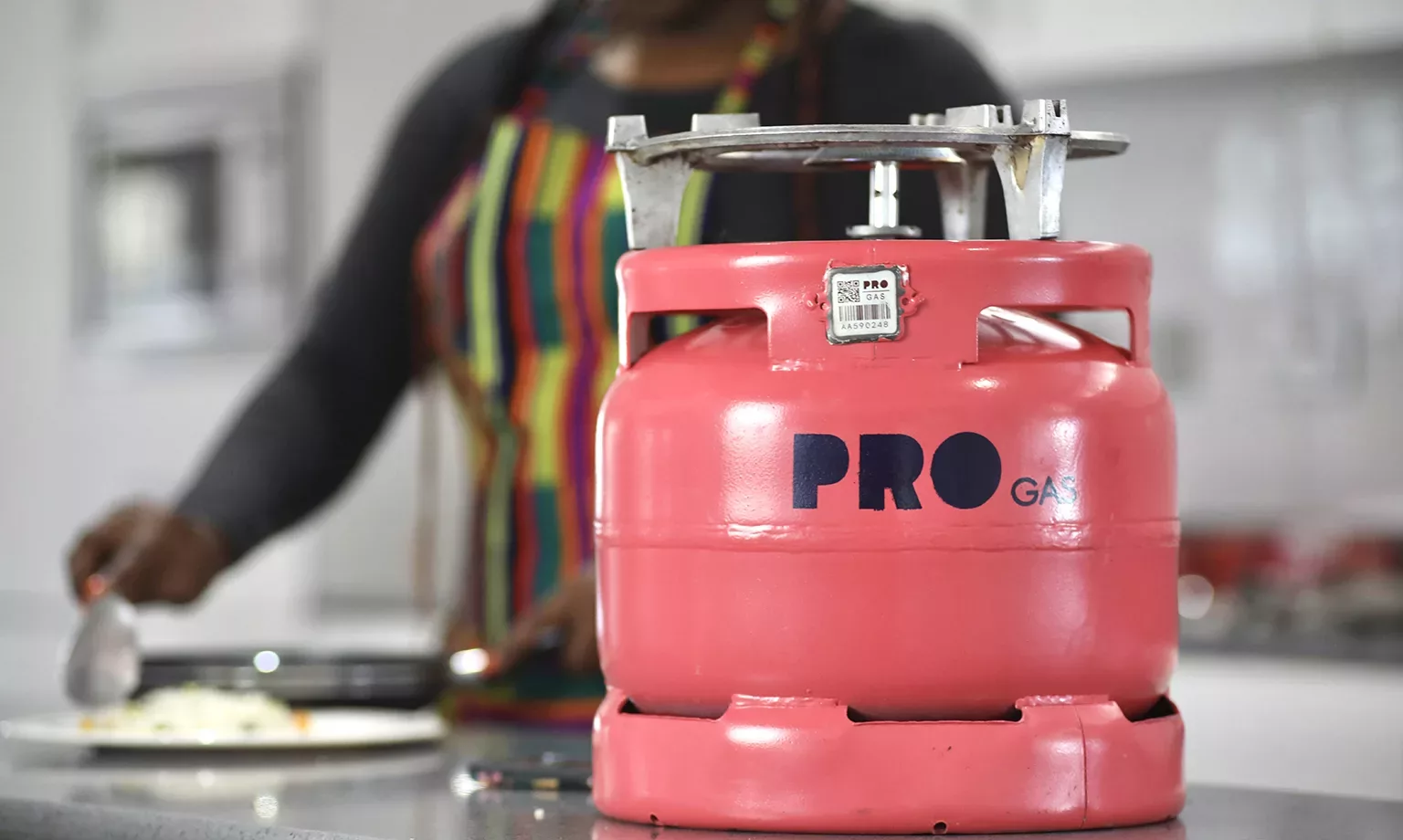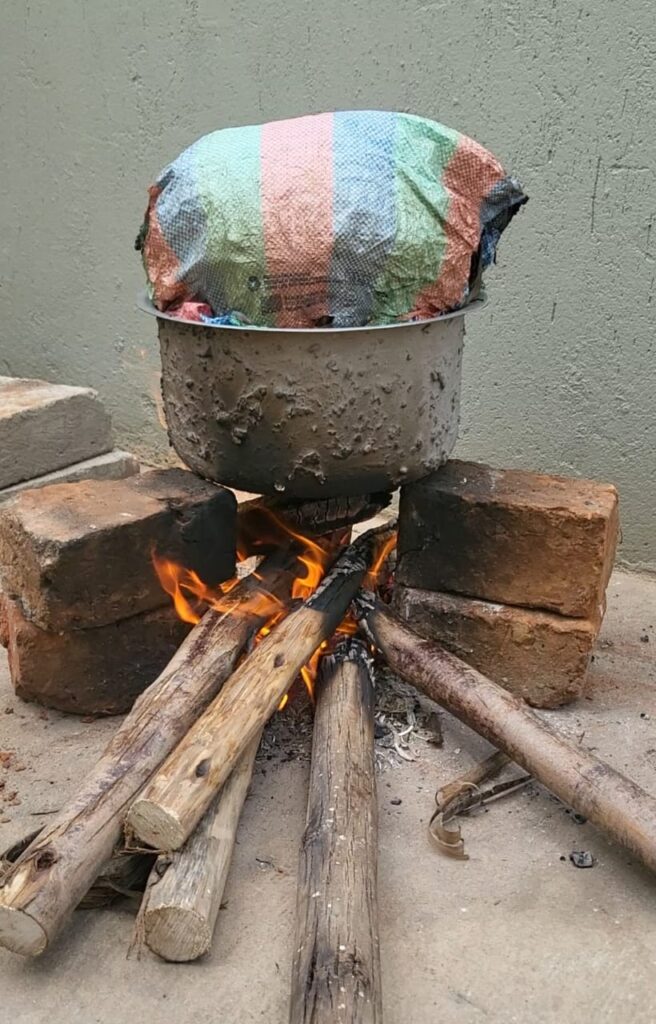
[Nairobi, March 5, 2024] – The Kenyan Government plans to distribute 4.4 million gas cylinders to low-income households across the country over the next five years. Through an initiative called Gas Yetu, beneficiary households that would not ordinarily afford will receive 6kg gas cylinder, burner and grill at a discounted amount of Sh2,000. The Liquefied Petroleum Gas (LPG) subsidy programme is aimed at transitioning poor households from traditional fuels such as charcoal and other wood fuels to clean cooking alternatives.
Over the next five years, the Government has also earmarked to distribute 3,920 cylinders to public schools and incorporate gas reticulation provisions in new housing developments, starting with affordable housing – a government-funded initiative to build at least 250,000 houses over the next 10 years.
According to the Kenya National Energy Policy (2018), wood fuel is the largest primary energy source in the country. And while Kenya’s electricity access rates stands at 75 per cent, the World Bank estimates that up to 84% of the population relies on wood fuel (firewood, charcoal and agricultural residue) sources to meet their cooking and heating needs while another 5% use kerosene.
Addressing a national stakeholder workshop on the National LPG Policy, Cabinet Secretary for Energy and Petroleum Mr. Davis Chirchir, said the initiative is designed to reduce reliance on wood fuel and other biomass fuels for and help curb carbon emissions and household air-pollution.
“The overarching goal of the LPG growth strategy is to improve accessibility and affordability of LPG as a cleaner alternative to biomass and kerosene for cooking purposes,” Chirchir says.
Under the subsidy programme, the Ministry of Energy and Petroleum will distribute 1.3 million cylinders through the National Oil Corporation Ltd – a state-owned and run oil marketer. An additional 3.1 million cylinders will be distributed through private sector players in what places premium on government-private sector collaboration.
Key aspects of the project include the development of essential LPG infrastructure to facilitate efficient importation, storage, and distribution of LPG nationwide.
In the 2023/2024 Financial Year, the State Department for Petroleum will distribute cylinders to 30 public schools. This initiative seeks to double LPG consumption in the country from 7.5kg to 15kg per capita annually and increase penetration from 24% to 70% by 2028.
The cylinder project complements the Clean Cooking Gas (CCG) initiative, which promotes LPG as a clean cooking solution in public learning institutions. Initially targeting 5,000 public boarding schools and learning institutions, the project will later expand to include hospitals, National Youth Service colleges, and correctional institutions.
The Ministry of Energy and Petroleum is leading an inter-agency effort to develop a National LPG Policy, aimed at guiding operations in the sub-sector.
